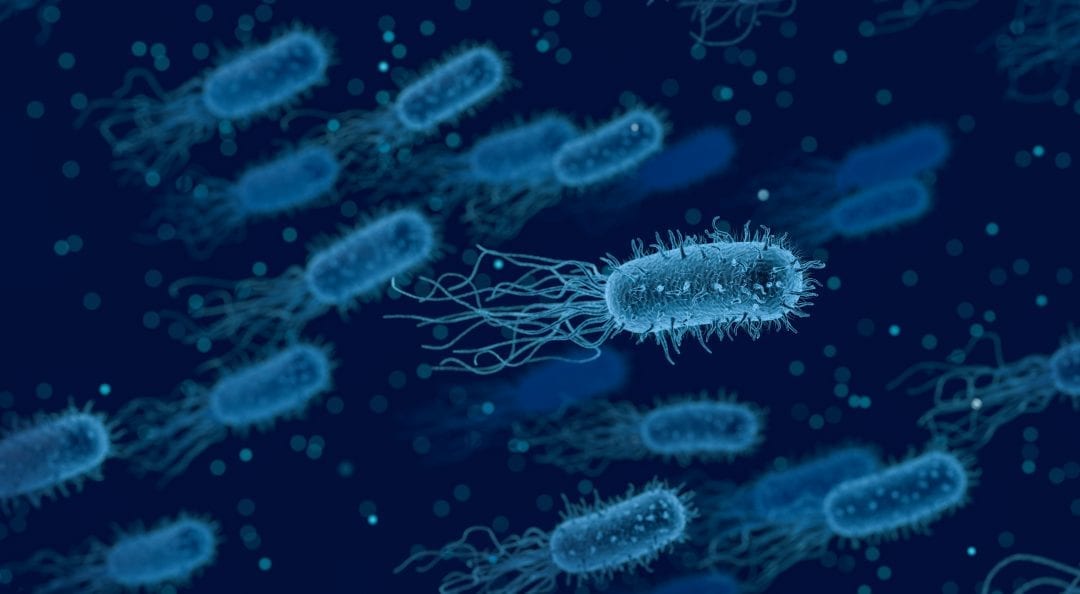Protect Against Pathogens: The Danger of E.Coli

We’ve all experienced it. One night we’re sitting enjoying our favorite meal at a restaurant with friends, and the next day we’re locked in the bathroom, feeling sicker than we ever have. Food poisoning is one of the most uncomfortable illnesses, and its culprit is a small, invisible nemesis: E. coli.
Escherichia coli aka E. coli is the bacteria at the root of many food poisoning cases. A healthy strain of E. coli is naturally found in the intestines of people, as it helps regulate your digestive tract. But another strain, E. Coli o157:H7, creeps in through the food you eat and can make you terribly sick.
What Causes E. Coli Infections?
E. coli thrives in unsanitary conditions and is particularly active in undercooked foods. Once E. coli is in your kitchen it can spread rapidly. It’s often found in ground meat that wasn’t cooked enough to kill the bacteria and in unpasteurized milk. If you use a kitchen knife to cut up meat that contains E. coli and then use the same knife to prepare other foods, you can easily spread the pathogen around.
Dangerous strains of E. coli can also spread by swimming in a contaminated body of water, or from shaking someone’s hand who recently had contact with the bacteria.
What Happens When You’re Infected?
E. coli manifests itself in the human body in a number of ways. The one you’ve probably heard most about is food poisoning. E. coli causes vomiting and diarrhea that can last 5-7 days. It’s also a main cause of urinary tract infections. Between 75 – 95% of urinary tract infections are caused by E. coli.
If you are infected, it’s important to get plenty of fluids to replace what your body is projecting. If you get plenty of rest, the infection usually goes away on its own.
How Do You Prevent The Spread?
Cleanliness is the name of the game when it comes to preventing contamination from E. coli. If you run a restaurant or work with food, be sure you’re following the four steps to food safety. These include: cleaning surfaces and hands, separating different types of food, cooking thoroughly, and refrigerating promptly.
Wash your hands really well with soap and water before and after preparing food. Sanitize cutting boards after chopping raw meat. Use a cooking thermometer to measure and make sure food reaches a safe temperature. Heat is your best friend when it comes to killing harmful bacteria.
Even though it’s tempting, try to avoid eating raw cookie dough or cake batter as these could be breeding grounds for E. coli.
Consider Your Feet
Think about all the places you walk in a day. Your shoes go everywhere you go. Often on a given day, you trek through public bathrooms, parks, doctor’s offices, libraries, restaurants, etc. You could be picking up bacteria on the bottom of your shoes at each and every one of these stops.
Our UVZone Shoe Sanitizing Station can put your mind at ease – ensuring that your shoes aren’t carrying harmful pathogens like E. coli. The station works in just 8 seconds and eliminates up to 99.999% of dangerous microorganisms (including E. coli) found on the soles of your shoes.
Interested in a shoe sanitizing station for your food, meat, or dairy processing plant? Schedule a free virtual demo to see how we can help you create a safer environment for your employees, and reduce the chances of expensive product recalls.

